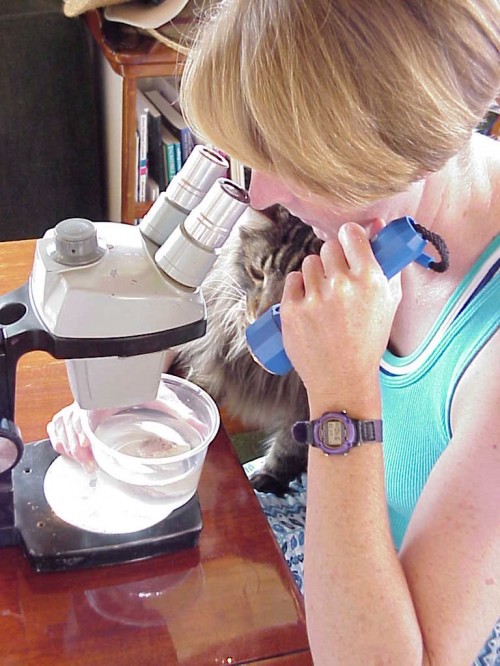Remember! Tomorrow (Saturday) at 10am Central I’ll be opening up Google+ and setting up a public chat about those silly creationists. The resulting youtube video will be posted here, if you want to sleep in, or you can watch it streaming live, and even join in.
If you want to talk, come prepared with your favorite creationist foolishness…and also, your refutation of it.
(If you’re reading this shortly after I’ve posted it, you’re awake for it: it will be about this same time tomorrow. Or you can convert US Central time to your time zone.)





